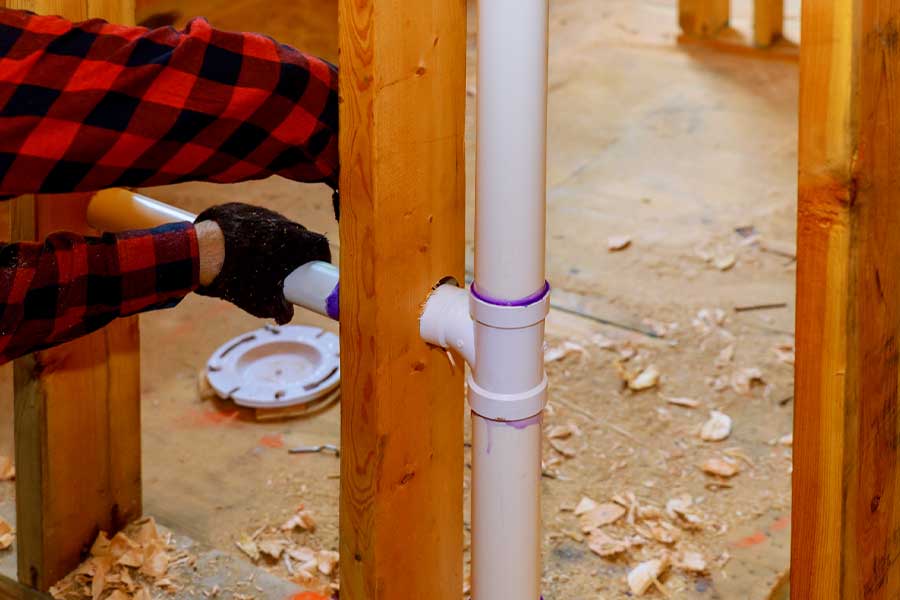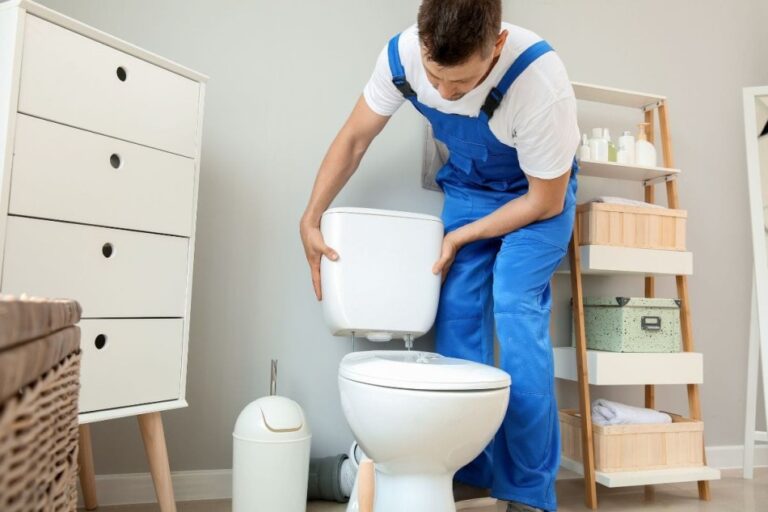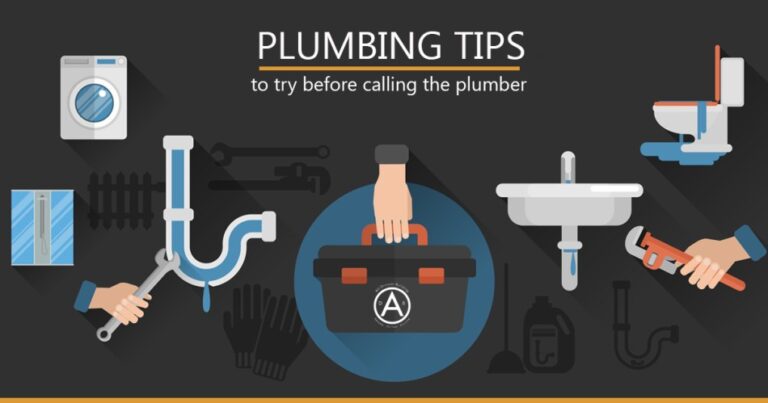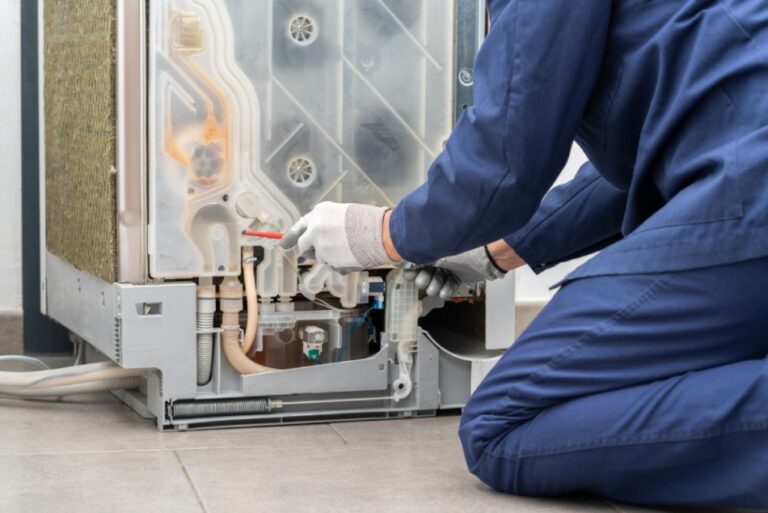Running a successful business can be incredibly fulfilling, but it also comes with its fair share of challenges, especially when it comes to keeping operations running smoothly. One area that can disrupt your business is plumbing issues — they can be frustrating and overwhelming.
Understanding common plumbing problems allows you to anticipate and avoid them, keeping your business on track.
Here’s a look at some frequent commercial plumbing issues and when it’s time to call in a professional.
-
Drain Clogs
Commercial properties experience drain clogs more frequently due to the high volume of waste passing through their plumbing systems daily. Establishments like restaurants often face persistent clogs in kitchen sinks and dishwasher lines due to the significant amount of debris flushed down.
You can identify potential drain clogs if you notice:
– Slow drainage
– Water pooling around the drain
– Gurgling sounds from the plumbing
– Unpleasant odors from the drains
Neglecting these clogs can lead to pipe damage and may present an unprofessional image to your customers.
-
Leaking Faucets
Even though leaks may seem minor, they can waste significant amounts of water. Leaks generally occur in fixtures and pipes due to damaged seals, washers, or O-rings.
While it might be easy to dismiss a leaking faucet as a trivial issue, it can lead to higher water bills over time. Additionally, leaks may develop inside your pipes or behind walls, potentially causing floor damage, mold growth, and structural problems.
-
Running Toilets
This is a widespread issue found in both residential and commercial spaces. A running toilet may seem like a small concern, but it can lead to noticeable increases in your utility bills. Common causes include:
– Faulty seals or flush valves
– Corroded or defective toilet handles
– Leaky fill valves
– A chain that’s too long or too short
If your toilet is continuously running, it’s worth investigating these issues. Getting them resolved promptly will help you avoid inflated water bills.
By staying vigilant about these common plumbing problems, you can maintain an efficient operation and ensure your business runs smoothly. If issues arise, don’t hesitate to call a qualified commercial plumber for assistance.
-
Sewage Odors
Experiencing sewer odors can be quite off-putting, especially in a commercial setting where they can lead to significant financial repercussions. These unpleasant smells typically arise from ineffective dry traps. A dry trap is a U-shaped pipe that connects to the end of a drain, designed to hold a small amount of liquid. This liquid acts as a barrier, keeping sewer gases from entering the building. However, if the trap becomes dry, there is nothing to stop the odors from escaping.
Another culprit could be a blocked vent. Vents are essential for equalizing pressure as wastewater flows through the system; they allow gas to escape. When these vents become clogged, odors can build up and permeate the facility.
Additionally, a damaged drain line can lead to gas leaks inside your commercial property. Over time, drain lines can crack or break under pressure, releasing unpleasant odors and potentially causing further damage.
-
Hot Water Issues
Hot water is a crucial service in both homes and commercial properties, and any plumbing issues associated with it need immediate attention. In commercial settings, hot water systems tend to be larger and can sometimes require a plumber to conduct a more in-depth investigation to identify the problem. Issues may stem from thermostat malfunctions or failures in tank insulation.
Without proper temperature regulation, the lack of hot water can severely disrupt operations in businesses like hair salons or spas. It’s important to act promptly to resolve any hot water problems, ensuring smooth service delivery.
-
Silent Leaks
Silent leaks can be particularly tricky since they often go unnoticed until you see a spike in your water bill. These leaks might occur behind walls and could take months before they’re detected. If you suspect a leak but can’t find the source, it’s advisable to reach out to a trustworthy leak detection service. Watch for these warning signs of potential leaks in your building:
- Damp spots on walls or ceilings
- New cracks appearing
- Fluctuations in water pressure
- Bulging areas on ceilings or walls
-
Damaged Pipes
Commercial properties have extensive piping systems, which can hold large volumes of water daily, making them susceptible to damage such as splitting, cracking, or bursting. Not only can repairs be costly, but damaged pipes can also contaminate water supplies and reduce water pressure.
Several factors can contribute to pipe damage, including:
- Tree roots infiltrating underground piping
- Aging, brittle pipes
- Corrosion causing deterioration in metal pipes




